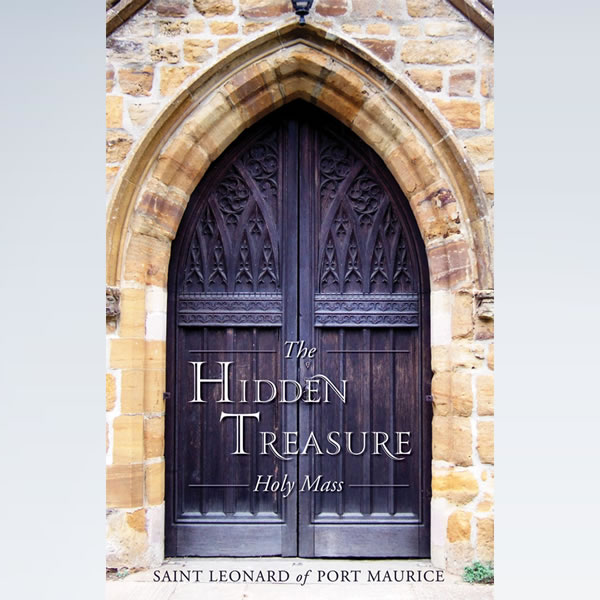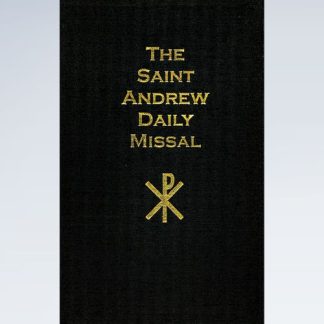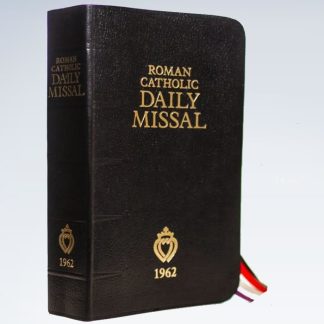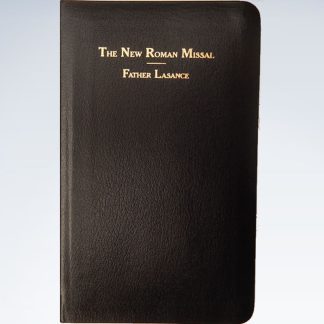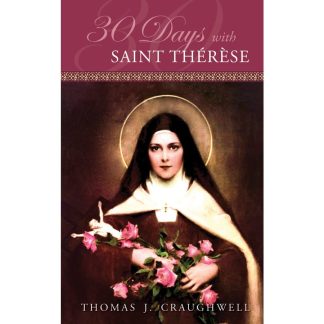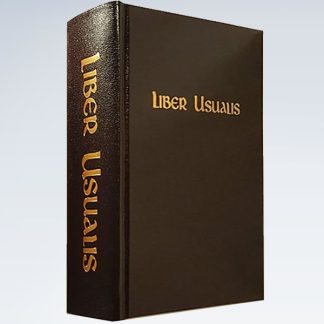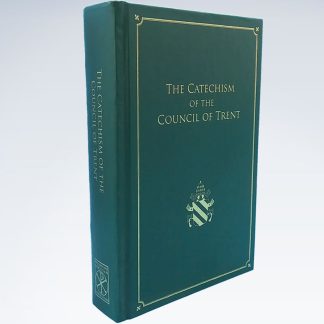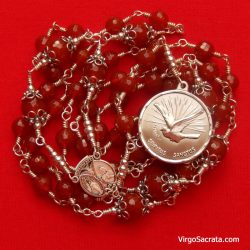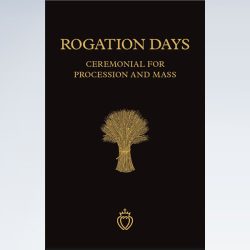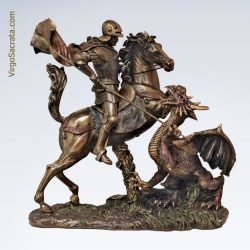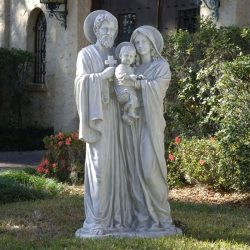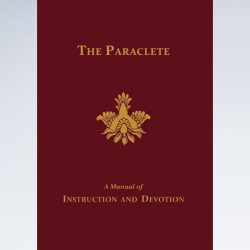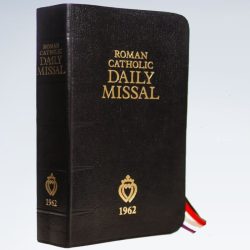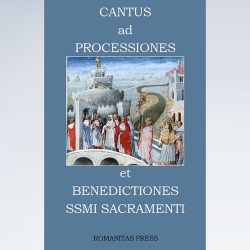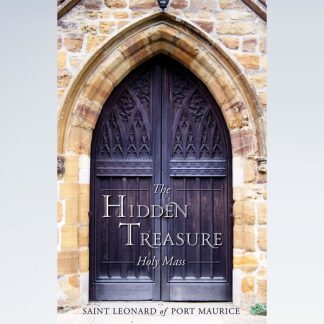The Hidden Treasure: Holy Mass describes the great spiritual power of the Mass, how it holds back the wrath of God, its wonderful eternal and temporal benefits, and several excellent ways to pray at Mass. Hidden Treasure is the prototype book on the Mass for all other books on the same subject; others basically repeat what this small book contains.
About the Author
St. Leonard of Port Maurice was born in 1676 near Genoa, Italy. While at the famous Roman College of St. Aloysius, he became known for his extraordinary piety, diligence, and good deeds. He subsequently became aware of his vocation to the priesthood at the Roman convent of St. Bonaventure, and became a Franciscan in 1697. Additionally, he possessed an intense love for Christ and His Mother, the Immaculate Conception, penance, and humility. The Hidden Treasure: Holy Mass was published in the nineteenth century with the Nihil Obstat and Imprimatur. St. Leonard died at Rome on the twenty-sixth of November, 1751. He was canonized by Pope Pius IX in 1867.
The Hidden Treasure: Holy Mass – Index
Preface to the American Edition
The Author and His Book
Chapter I: Three Excellencies of Mass
Chapter II: A Short and Devout Method of Hearing Mass
Chapter III: Various Examples to Induce the Faithful of Every Condition Each Morning to Hear Holy Mass
Chapter IV: Easy Method of attending Holy Mass with Profit
Chapter V: Devout Exercises of Preparation and Thanksgiving for Confession and Holy Communion
Chapter VI: Rules for Living Well
“Where there is no Mass,” writes one of the Fathers of the English Oratory, “there is also no Christianity.” The reason is plain: Christ’s life was one of sacrifice—–not merely of the figurative sacrifice of praise and prayer, but one of outward act, of suffering and of death. His religion must be like Himself: it must be the continuation of the Divine-human life that He led upon earth, representing and perpetuating, by some sacred rite, the sacrifice that began in the womb of Mary and ended upon the Cross of Calvary. That rite is the Holy Mass. Do we always realize it as such? Does the conviction sink deep into us, when offering, or assisting, at the adorable sacrifice, that Jesus is re-enacting, in our presence, the mysteries of His life and death?

